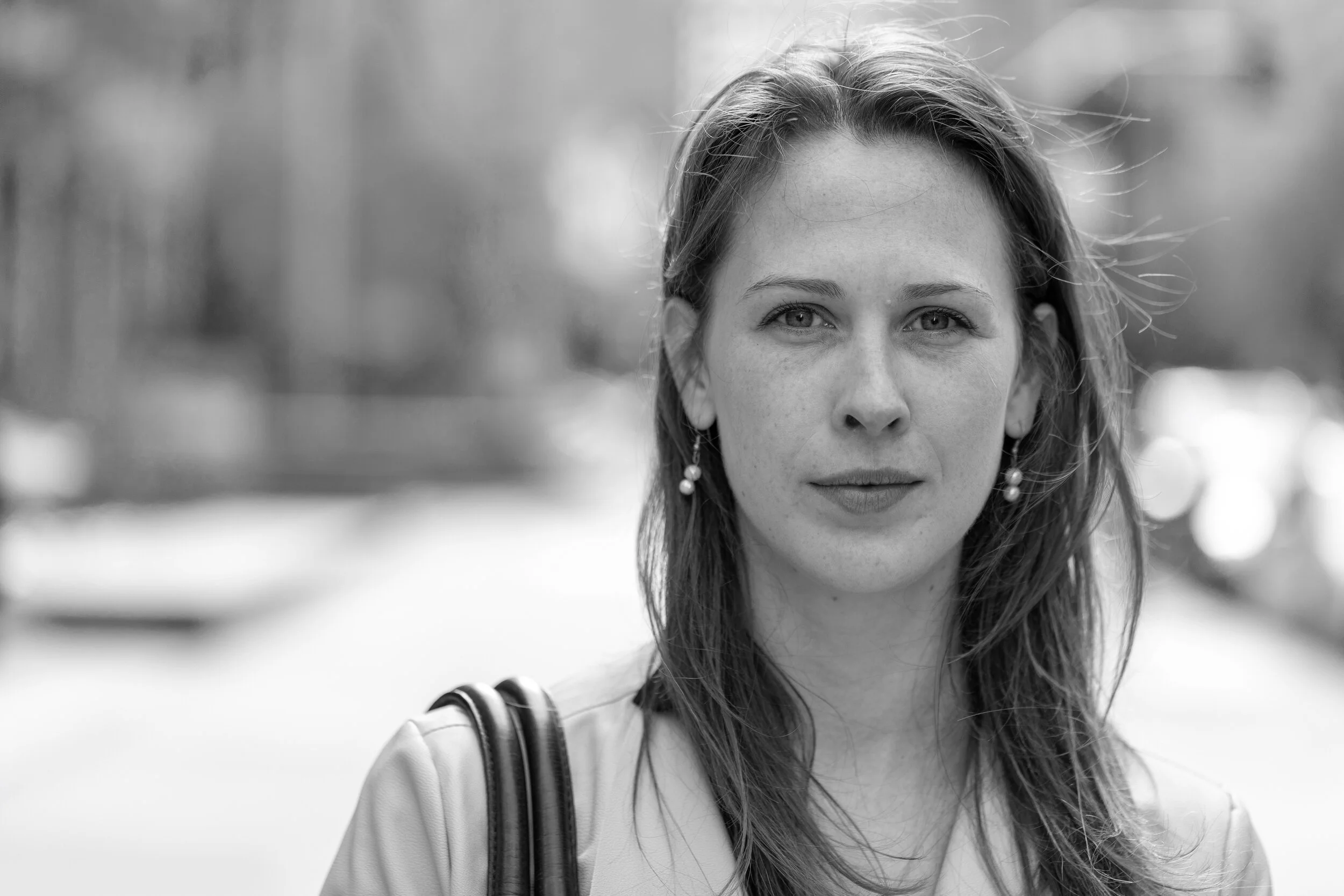Depression is a common but serious mental health condition that can impact anyone. While many people know about the general definition and signs and symptoms of depression, few know about the various forms and levels of depression.
Depression has many different ranges and forms. Some people may struggle with mild or temporary bits of depression while others may have a more serious and persistent form of depression.
Let's learn more about clinical depression as well as the symptoms and signs.
What is Clinical Depression?
Clinical depression or major depressive disorder (MDD) is a serious mental health condition and mood disorder. This form of depression can impact how a person behaves, feels, and thinks. On top of its various signs and symptoms, it can lead to a variety of different emotional and physical changes and issues. A person with clinical depression will have a challenging time completing their daily roles and activities and may even feel that their life is not worth living anymore.
The Cause
Clinical depression can be caused by a combination of different factors: biological, psychological, and social factors. These are some of the most common causes of clinical depression:
Divorce
Emotional abuse
Financial struggles
Genetics
Loneliness
Loss of a loved one
Medical conditions
Medications
Physical abuse
Sexual abuse
Substance use and abuse
Unemployment
The Signs and Symptoms
Depression can be difficult to spot when it first occurs since it comes on gradually. Many people who struggle with depression are unable to pinpoint exactly what is wrong, so they'll try to cope with the various signs and symptoms without realizing depression is the cause. Clinical depression involves symptoms that last for two weeks or longer. These are some of the most common symptoms and signs:
Feeling anxious, sad, or empty
Changes in eating habits
Changes in sleeping habits
Difficulty making decisions
Digestive issues
Hopelessness
Lack of concentration
Lack of energy
Loss of interest in activities that were previously enjoyed
Low mood
Memory problems
Physical aches and pains
Suicidal ideation or attempts
Weight fluctuations
Treatment Options
There are many different ways that you can help yourself or someone who is struggling with clinical depression. It's important to know that while there are certain things that you can do to help reduce some of the signs and symptoms, there isn't a true replacement for treatment through a licensed and trained mental health professional. That being said, here are some of the ways that you can better manage or help support someone who is struggling with clinical depression:
Aim for at least eight hours of sleep each night
Create and stick to a routine
Eat a healthy and well-balanced diet
Educate yourself about depression
Encourage treatment by therapy or taking prescribed medication
Join a support group
Lean on loved ones
Move your body
Practice self-care
Next Steps
Clinical depression is best treated through a combination of therapy and medication. There are many different forms of therapy as well as medication that can be used depending on your unique cause, signs and symptoms, and personal preferences. One of the best ways to help manage the various signs and symptoms of clinical depression is by reaching out for additional support.
A licensed and trained medical professional who has experience with clinical depression or major mood disorder will be able to accurately diagnose you and help curate a treatment plan that is best suited for you as well as your preferences and goals. Don't delay in getting the help you need and deserve. Reaching out for additional support is one of the strongest things you can do. We're here to help when you're ready. Reach out today for an initial consultation for depression or codependency treatment.

